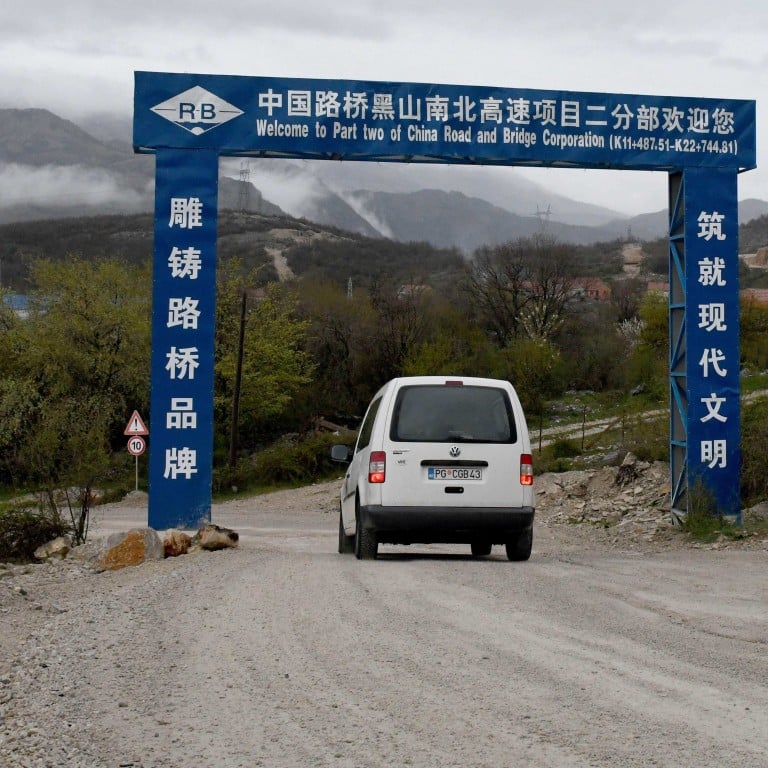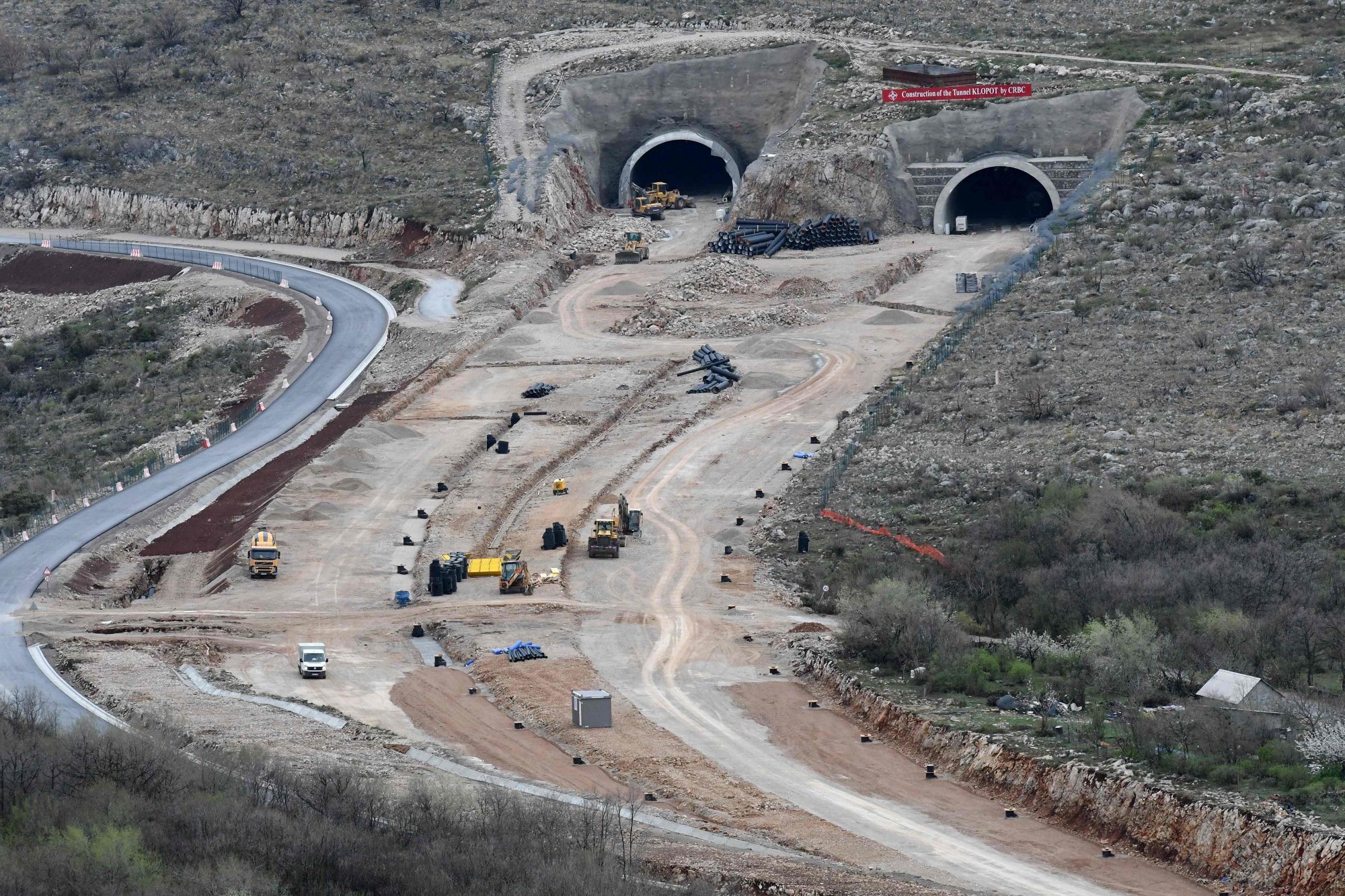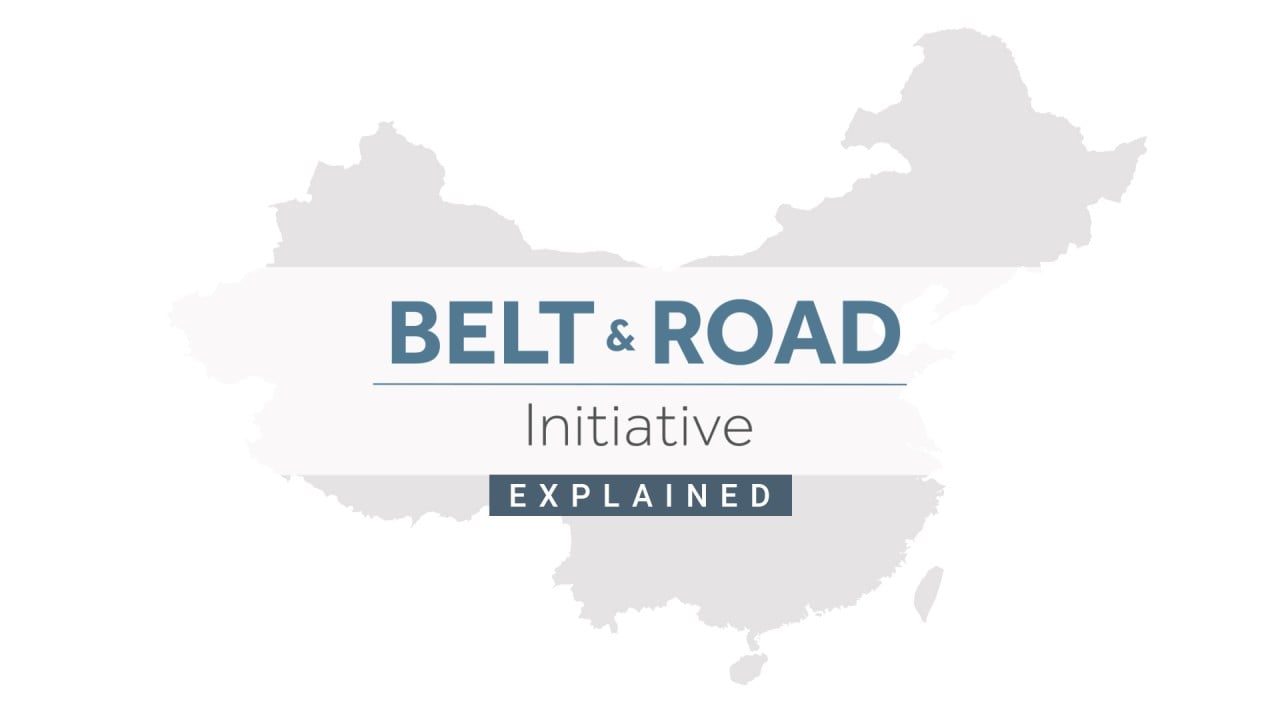
EU says it won’t pay off Montenegro’s billion-dollar highway debt to China
- Balkan nation had begged Brussels to help cover the costs of the project, which has been described as one of the most expensive stretches of road in the world
- The project has raised concerns about the impact of Chinese investment, but a spokesman for the EU said it does not pay off partners’ loans from third parties
The European Union says it will not pay off Montenegro’s near-US$1 billion debts to China, rejecting the tiny Balkan nation’s repeated pleas for help.
A spokesman for the EU told the South China Morning Post that it “does not repay loans of partners which they took from third parties”, although he did express concern “over the socioeconomic and financial effects of some of China’s investments in Montenegro”.
He continued that Brussels was willing to work with the country, a candidate for EU membership, to put its debts on a sustainable footing.
Montenegro’s finance minister Milojko Spajic on Sunday became the latest cabinet member to ask Brussels for help in repaying a dollar-denominated loan signed with the Export-Import Bank of China in 2014 to build the first section of a highway linking the country with neighbouring Serbia.

“This is a small but easy win for them. It’s low-hanging fruit,” Spajic told the Financial Times in an interview published on Sunday.
The loan was agreed under the previous government, with Spaijic making it clear that the new administration, which took over in December, wanted closer ties with Brussels than Beijing.
“For infrastructure we’re currently relying on China … The situation is dramatic from a geopolitical standpoint,” he told the FT.
Debt-trap diplomacy? Report finds China can cancel loans if displeased
The FT reported that with an estimated cost of US$23.8 million per kilometre, the highway is thought to be among the most expensive strips of road in the world, with the first repayments due in July.
It has helped increase the public debt rate in Montenegro – which is seeking to join the EU – from 65.9 per cent to an estimated 80 per cent of gross domestic product once the loan is repaid, according to figures cited by the European Parliament.
To absorb the costs, Podgorica has had to raise cash elsewhere, such as a 21 per cent value-added tax on non-tourism activities.
In an address to the European Parliament’s committee on foreign affairs in March, Deputy Prime Minister Dritan Abazovic asked members to “help us replace the credit with [a loan from] some European banks”, adding that it would help stymie Chinese influence in the country.
Peter Stano, the EU’s spokesman for foreign affairs and security issues, told the Post that the bloc is already the biggest provider of financial help to Montenegro, as well as its biggest investor and trading partner.
China pins hopes on Balkans as gateway to Europe but faces growing scepticism
“The EU will continue to support Montenegro on its path towards EU membership, and in this context work with the country to find financial solutions for its investment projects and to ensure the sustainability of its public debt,” Stano said.
“But while every country is free to establish its investment objectives, the EU has concerns over the socioeconomic and financial effects some of China’s investments in Montenegro can have, which risk macroeconomic imbalances and debt-dependency,” he added.
It is not clear whether Montenegro will be able to gain support from other sources and major European public funding outfits had previously turned their noses up at the first section of the Bar-Boljare motorway, which will run from the Adriatic Sea to the border with Serbia.
A report by the Dutch Clingendael Institute, a think tank, said last year that two feasibility studies had been conducted in 2006 and 2012 respectively, with both the European Bank of Reconstruction and Development and the European Investment Bank expressing “no interest” in the project.
Coronavirus runs roughshod over debt-laden belt and road projects
“Montenegro sees China as a rising global power that brings new economic and financing opportunities. Local institutions and actors in Montenegro are positively disposed and keen to develop and deepen bilateral relations,” the report read.
“Expectations continue to prevail over critical attitudes because of a perceived imperative to address the country’s development needs.”



